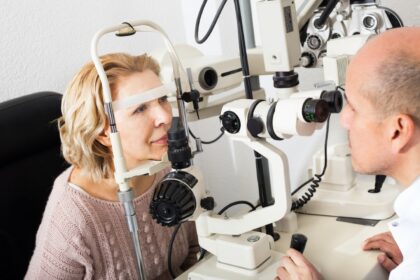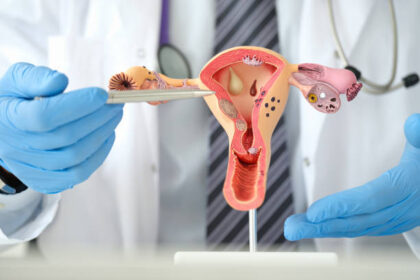An allergy specialist, also called an allergist or immunologist, treats conditions such as allergies, sinusitis, nasal polyps, and nasal congestion. After evaluating your symptoms, an allergist uses systematic tests to help determine if you have a true allergy to certain substances or foods. If allergies are causing your symptoms, an allergist will discuss your specific triggers and provide a personalized treatment plan.
Allergy Triggers
Allergies occur when the body’s immune system overreacts to a substance that is typically harmless to most people. Many substances cause, or trigger, an allergic reaction, and these triggers can vary significantly from person to person. Common allergens include pollen, dust mites, animal dander, and mold spores. Certain foods are also common triggers, along with insect stings. Other potential causes include medications, materials like latex that cause a reaction upon contact, and occupational exposures. Many symptoms associated with allergies, like congestion and skin rashes, can also be caused by non-allergic conditions. An allergy specialist can help determine if the cause of the symptoms is indeed related to allergies.
Allergy Tests
To pinpoint the cause of symptoms, an allergy specialist performs a comprehensive evaluation. This evaluation typically begins with a detailed medical history, where the specialist will ask about the nature, timing, and circumstances of your symptoms. They will also inquire about potential exposure patterns at home, school, or work, and perform a physical examination to assess any physical symptoms.
Based on this initial information, the specialist can recommend specific tests to identify triggers. Common diagnostic tests include:
- Skin Prick Test: The allergy specialist applies a small amount of a suspected allergen to your skin on the forearm or back, and then pricks or scratches the skin. A reaction that resembles a mosquito bite may indicate a potential allergy.
- Intradermal Test: The allergist injects a tiny amount of an allergen just under your skin and then evaluates the test site for any allergic reaction. Allergists may use this test if a skin prick test was inconclusive or if you are not a good candidate for a skin prick test.
- IgE Blood Test: A laboratory uses your blood sample to measure the level of specific immunoglobulin E (IgE) antibodies to particular allergens.
- Food Elimination and Reintroduction: For suspected food allergies, a specialist might supervise the process of eliminating a food from your diet. They then carefully reintroduce it while observing any reaction.
Test results are interpreted in the context of the individual’s medical history and real-world exposures. Because tests can yield false positives or false negatives, the allergist reads the test in the office.
Allergy Treatment
After identifying potential triggers, an allergy specialist will discuss a range of individualized management options based on the specific allergens, the severity of symptoms, and your lifestyle. Management strategies often start with trigger avoidance and environmental controls. This may involve reducing exposure to pollen, dust mites, or pet dander. Treatments can also include:
- Antihistamines
- Decongestants
- Nasal sprays
- Eye drops
- Corticosteroids
- Mast cell inhibitors.
For managing symptoms resistant to medication, a clinician may discuss immunotherapy, which involves a series of allergy shots or under-the-tongue drops. This helps the immune system become less sensitive to specific allergens over time. All treatment decisions are made in partnership between the patient and the specialist, aligned with professional clinical guidance.
How an Allergy Specialist Can Help
Contact an allergy specialist if you are experiencing symptoms of allergies. Through a thorough evaluation that includes a physical examination and targeted testing, a specialist can help clarify which triggers are relevant to you. After identifying triggers, the allergy specialist can develop a personalized management plan to manage symptoms and treat the allergies.









